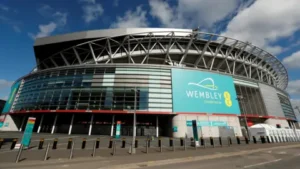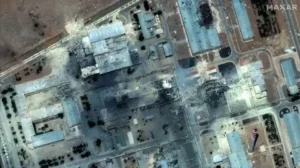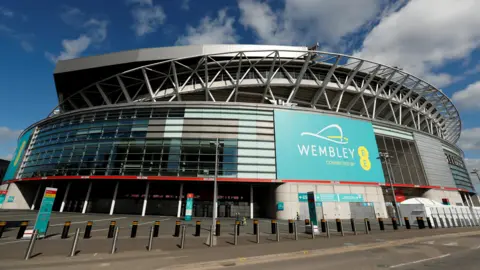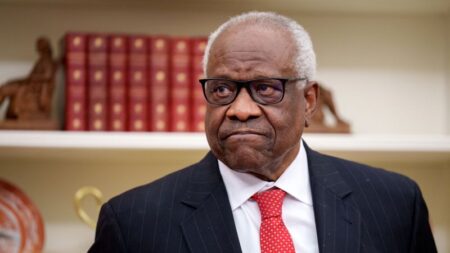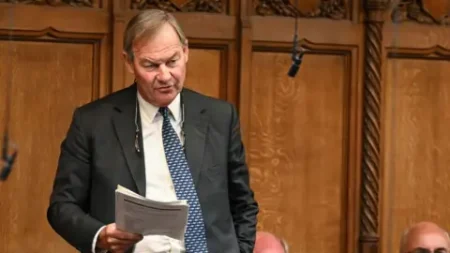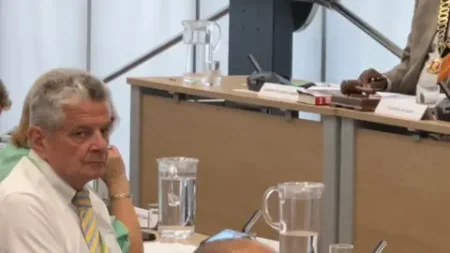A new legislation aimed at curbing ticketless entry into football matches is set to become law in England and Wales, following its successful clearance in the House of Commons. The proposed bill specifically criminalizes unauthorized access to professional football games and establishes significant penalties for offenders, which could potentially include a ban from attending any such matches in the future.
According to the new legislation, individuals found guilty of attempting or succeeding in attending a football match without a valid ticket may face severe consequences. This could entail a fine of up to £1,000, and anyone convicted would receive a court-ordered ban on attending all professional football matches. The bill, however, still requires final approval from the House of Lords before it can officially become law. Given the backing it has received from both the government and the Conservative party, its passage into law appears quite likely.
The law takes particular note of various forms of unauthorized entry, which could include tactics such as tailgating—whereby a ticketed fan allows another person to follow them through entrance barriers—as well as forced entry, bribing venue staff, or even impersonating stadium personnel to gain access. This legislative move is a direct response to the disorder witnessed during the Euro 2020 final at Wembley Stadium in 2021, where thousands of fans illegally gained access to the venue.
The recent bill was influenced by a report commissioned by the FA, led by Baroness Louise Casey, which highlighted the potential dangers posed by such behavior, stating that the violence and chaos on that day could have resulted in fatalities. The report advocacy of criminalizing tailgating was a significant catalyst for the introduction of this legislation.
Moreover, the proposed measures extend beyond just those who manage to enter the premises; they aim to also hold accountable those who attempt entry through any unauthorized means, including during initial ticket checks that take place before entering the stadium. Nevertheless, the law would not apply to individuals who enter a match with a counterfeit ticket that they genuinely believe to be legitimate, nor to those entering with a valid ticket that they were not qualified to use. Additionally, it would exempt those without tickets but who have legitimate reasons for attending, such as stadium employees, journalists, and emergency responders.
The push for such a bill comes from a sense of urgency articulated by Mp Linsey Farnsworth, who represents Amber Valley in Derbyshire. She argued that current penalties are insufficient, allowing ticketless individuals to repeatedly attempt to gain access to matches. Farnsworth highlighted a troubling experience involving her friends during the Euro finals, suggesting that they felt discouraged from attending future games due to the disarray and security concerns during that event.
While many support this initiative, not everyone is convinced of its necessity. Conservative backbencher Sir Christopher Chope expressed concern that the legislation might trivialize the issue and opined that the events at Wembley represented a unique incident rather than an ongoing problem. Yet, Security Minister Dan Jarvis countered this view during parliamentary discussions by noting that issues of forced entry and tailgating have been recurring, posing threats not just to venues but to the safety of innocent fans.
The significance of this legislative effort cannot be overstated; it seeks to uphold safety and order in one of England’s most beloved pastimes. The proposed enforcement is anticipated to take effect at the beginning of the forthcoming football season, signaling a decisive step in regulating match attendance and ensuring that only those who hold valid access can enjoy the game. As a similar attempt to introduce such legislation failed to materialize during the previous parliament, this current push reinforces the ongoing commitment to tackling football-related disturbances and ensuring spectator safety at events across the nation.

